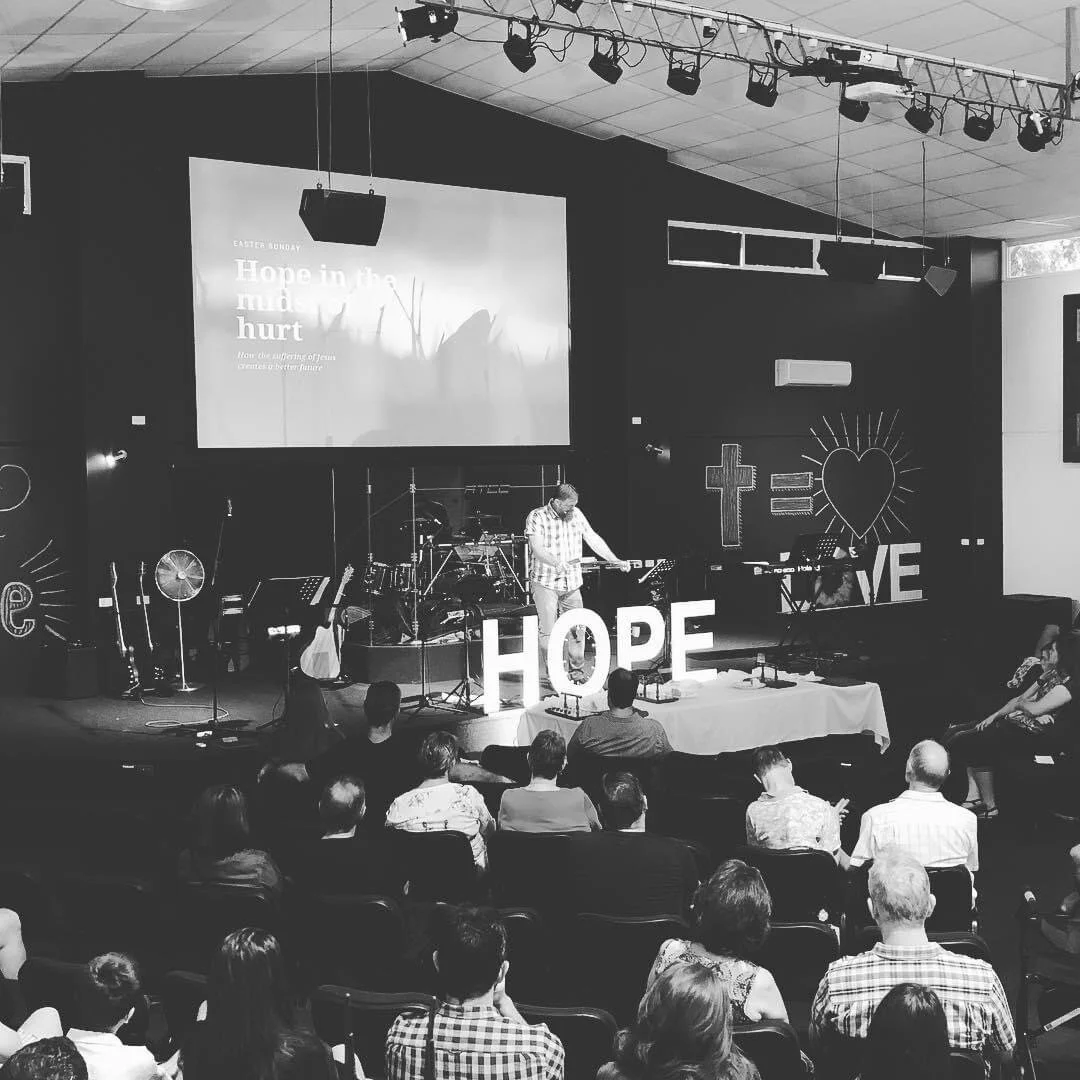In the Pursuit of Reach
I lay back on my bed, staring at the same image I’d reverently hung on my wall six months earlier. I did this every day. I’d worked hard on extra chores to save the money to buy that poster, the greatest poster ever made, and now I had it. It was 1993, the year I graduated from High School and the peak of my illustrious basketball career. Stretched out over my bed was the idol of my pastime, the otherworldly Michael Jordon, a god in my aspirations. If you lived through this era, you probably know the poster I’m talking about—a simple and uncluttered photo, just Michael standing with arms stretched wide as he stared straight into the lens. For me, as I lay on that bed gazing at my hero, he was staring straight at me.
Day after day I stretched for the reach Michael had; I was hooked; unashamedly I wanted to be like Mike. In fact, I wanted to be Jordon so badly that I forgot for a while what it was like to be Chris, a 6’ freckle-faced white kid from a country town in Australia with mediocre shooting skills. But it didn’t stop me reaching. I watched all his games on replay, all his moves were burned into my consciousness, all his facial expressions replicated, all his stats committed to memory, all his victories celebrated.
Meanwhile, the broken-down backboard on that old cracked court I spent my hours on taunted me. While I ran the plays in my head from half a world away, the game in front of me moved at a different pace. My arch nemesis wasn’t Charles Barkley, it was Paul, that annoying kid in the group who doesn’t look like he should be good at basketball but actually was. It didn’t seem to matter how many times I flopped down onto my bed to gaze up at that poster, my reach never seemed to change; I guess some things don’t, even if they grow to be more sophisticated.
And this is where the story pivots and 1993 suddenly becomes 2021.
Like countless other churches in the pre-COVID era, we didn’t see the value in running a live stream of our services or preaching ministry—it just didn’t rate. Then, without rehashing a familiar story, we felt as though our hand was forced; we used a second-hand camera, watched some YouTube tutorials, and launched online. How would you define an online ministry as successful? I had no idea, I’m still not sure I do to be honest, but that didn’t stop us, we just tried to serve our people in lockdown the best we could with what we had.
Fast-forward 18 months and we are back out of lockdown (for the time being at least), and a whole new ministry sphere in our church has evolved. We’ve spent money, invested hours, and engaged volunteers in a space that didn’t exist a year and a half ago. Through our streaming ministry we’ve been able to serve the families of our church who are stuck at home with ill-health, or in a Hospital ward as they struggle with life-threatening sickness, or even those who are enjoying a holiday inter-state but don’t want to miss ‘being with’ their church family. Our live stream started getting some reach; we’ve made friends all around the globe, disciples of Jesus who have stumbled onto our feed and been encouraged in their faith, ministers and pastors who were isolated and discovered a kindred heart among brethren they’d never met. I’m grateful that has been the case, but something is still nagging at my spirit in this new age we find ourselves in, and it suddenly dawned on me what it was, why it felt familiar.
It feels like looking at Mike.
What I mean by that is this: a new term has crept into our vocabulary, reach, and on one hand I get the value of it, yet with the other I still carry some caution. If we’re not careful, we are at risk of buying into the delusion that we are the pastors of the faceless. Reach is becoming a metric we value, and I wonder if it may be at the expense of other treasures we’ve let fall to the floor. Reach is not more important than being known. Reach is not more important that belonging. Reach cannot replace community.
Will we close down our live feed? Probably not. Am I suggesting you should? No. But I am asking you, even as I battle to recall it myself, to take seriously Peter’s call to set the parameters of our vision within the right boundaries.
Shepherd God’s flock among you … (1 Peter 5:2, CSB)
Be grateful that God may graciously use your community and ministry in remote places. Give thanks for the lives that may have been impacted, even the souls that may have been saved, through the vehicle of your streaming ministry. But don’t lose sight of the flock among you. Don’t stretch for reach, and then discover that you’ve reached right past the ones who needed your tender touch the most. Shepherd God’s flock among you.





